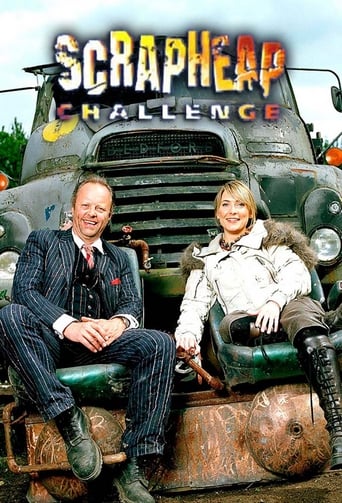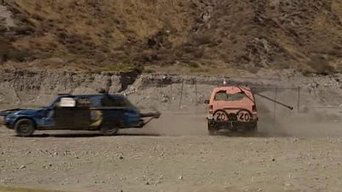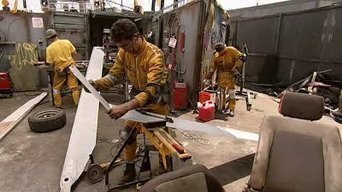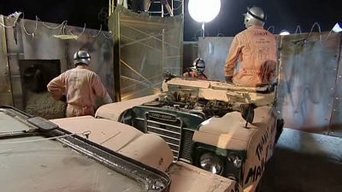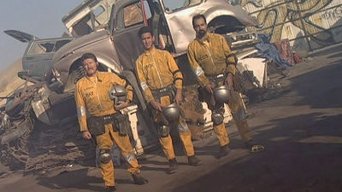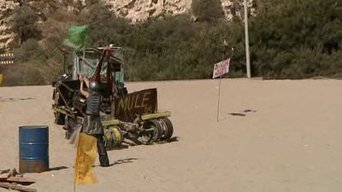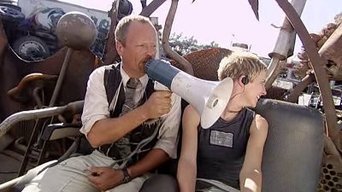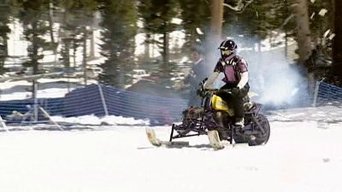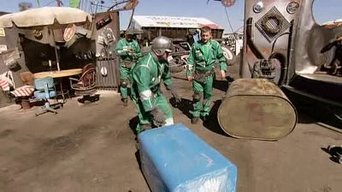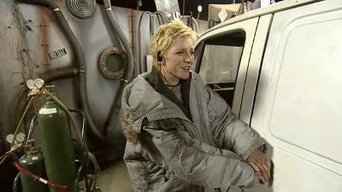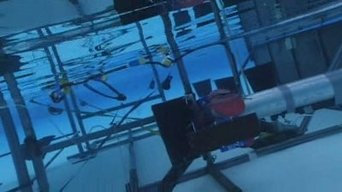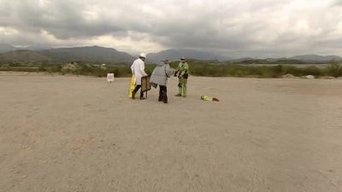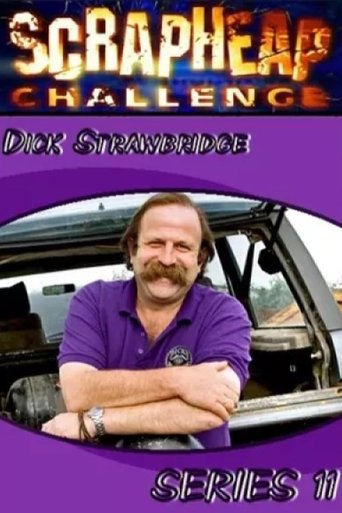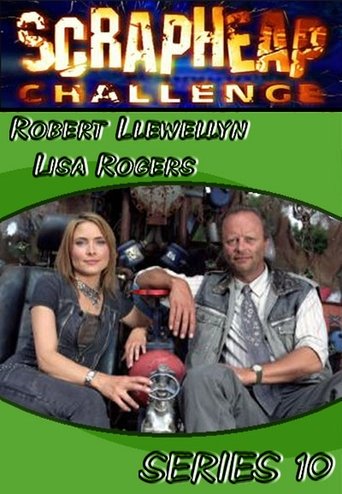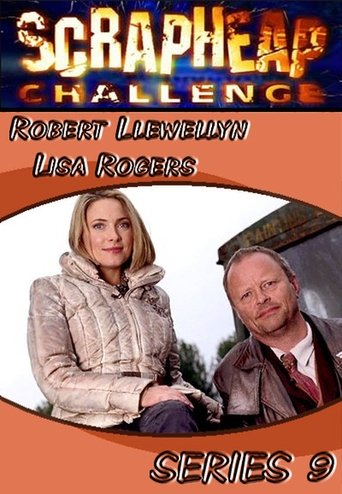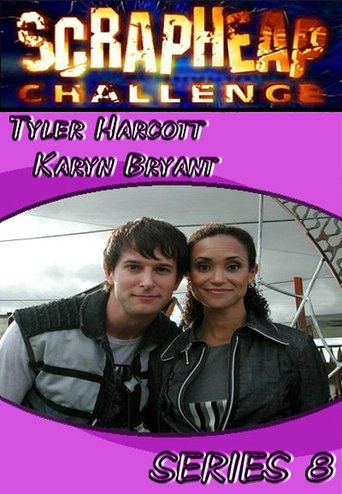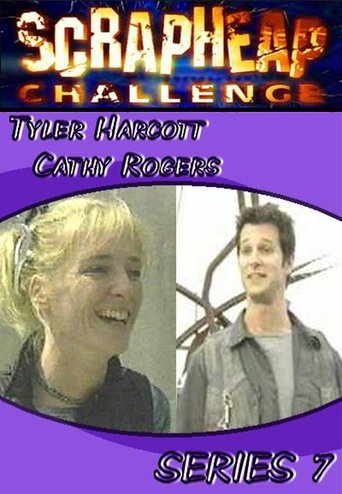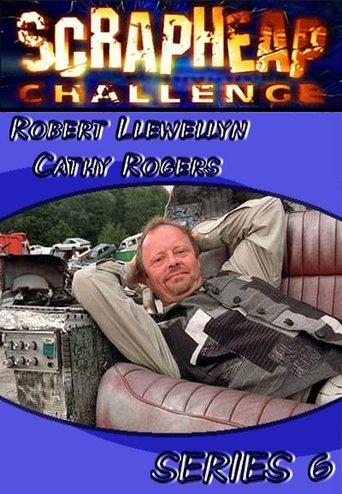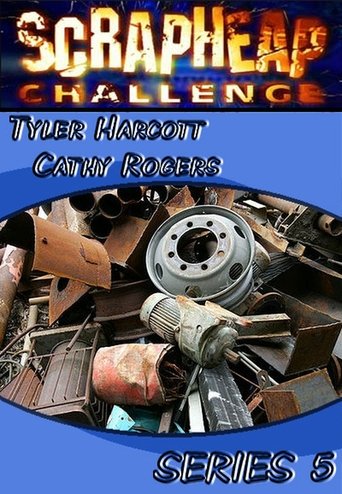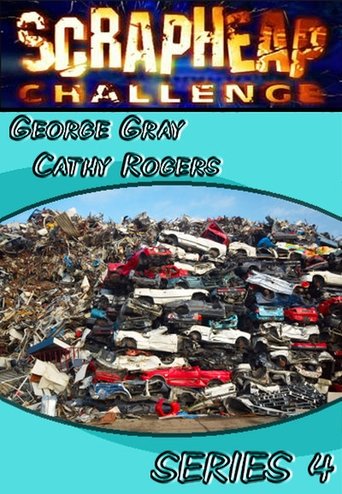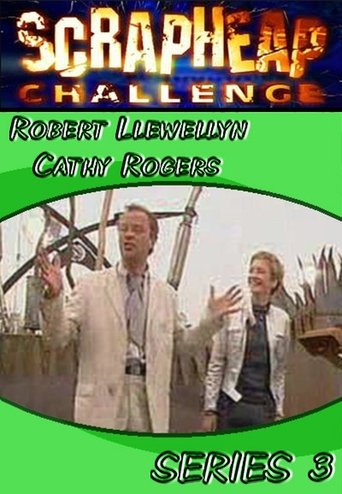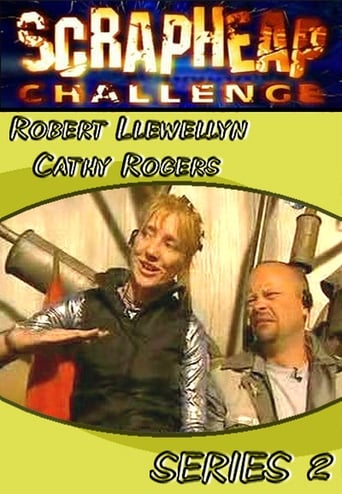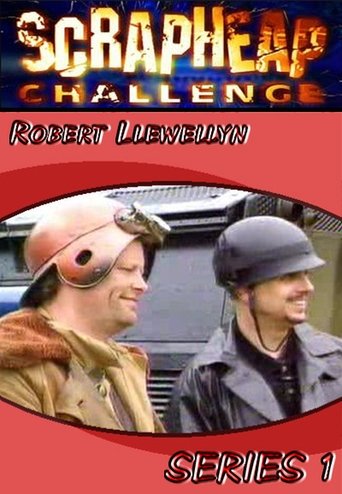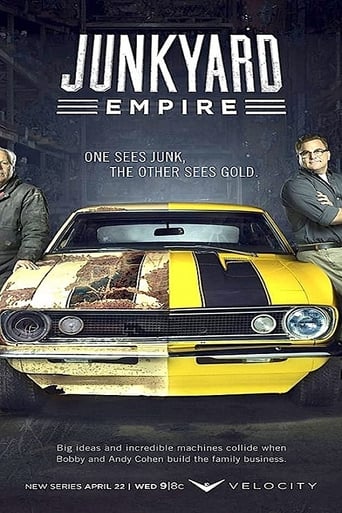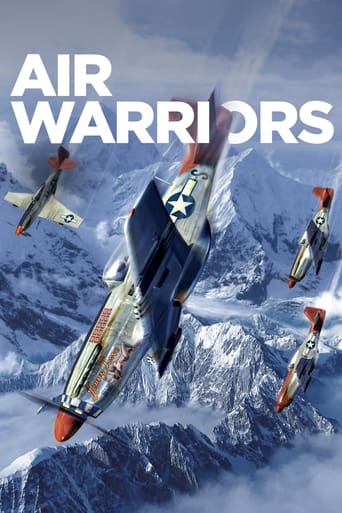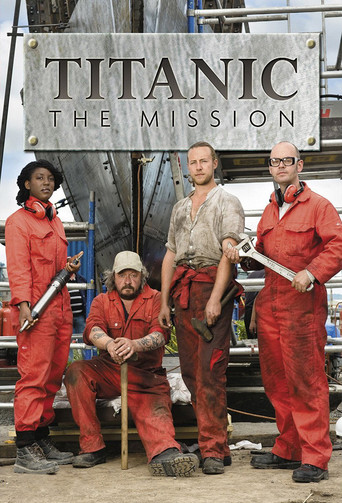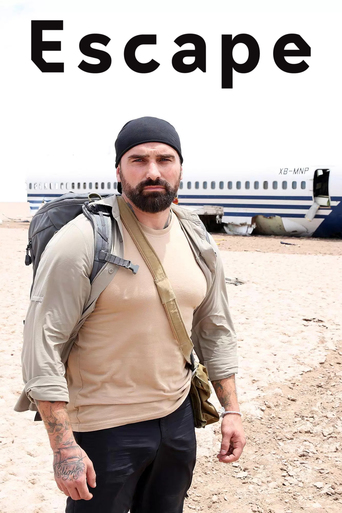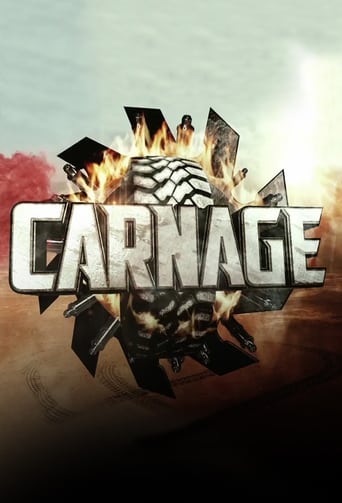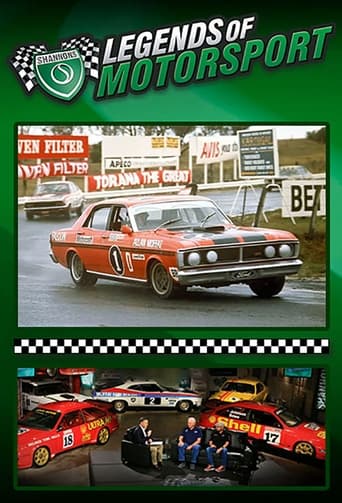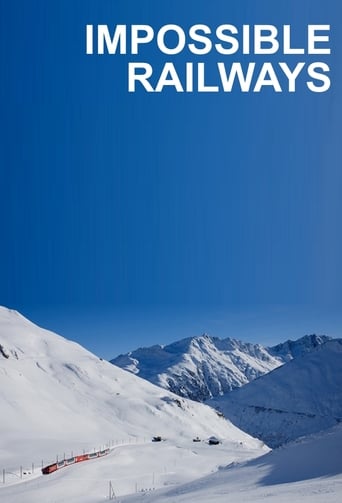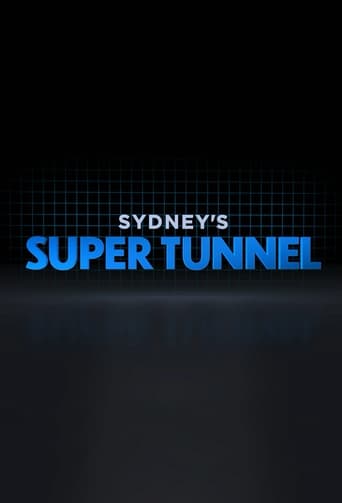Scrapheap Challenge Season 4
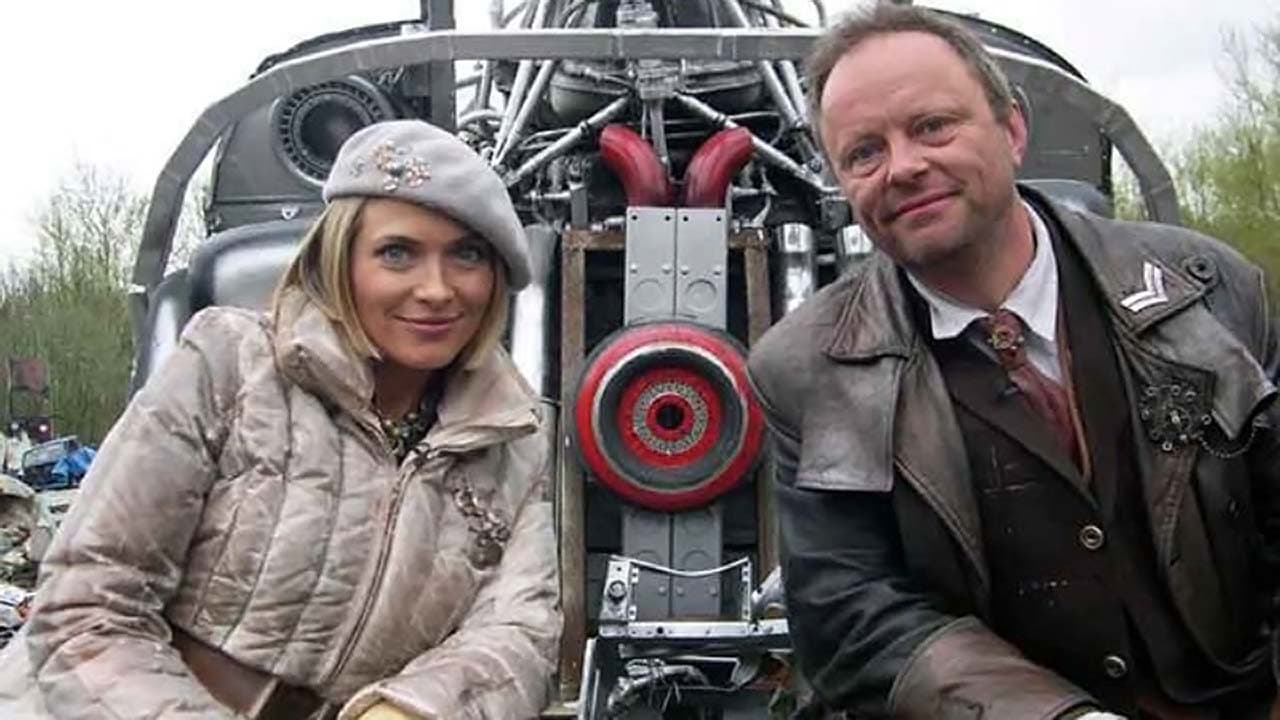
Scrapheap Challenge is an engineering game show produced by RDF Media and broadcast on Channel 4 in the United Kingdom. In the show, teams of contestants had 10 hours in which to build a working machine that could do a specific task, using materials available in a scrapheap. The format was exported to the United States, where it was known as Junkyard Wars. The US show was also produced by RDF Media, and was originally shown on The Learning Channel. Repeats have aired on another Discovery network, the Science Channel.
Watch NowWith 30 Day Free Trial!
Scrapheap Challenge
1998
Scrapheap Challenge is an engineering game show produced by RDF Media and broadcast on Channel 4 in the United Kingdom. In the show, teams of contestants had 10 hours in which to build a working machine that could do a specific task, using materials available in a scrapheap. The format was exported to the United States, where it was known as Junkyard Wars. The US show was also produced by RDF Media, and was originally shown on The Learning Channel. Repeats have aired on another Discovery network, the Science Channel.
Watch Trailer
Scrapheap Challenge Season 4 Full Episode Guide
The mega challenge is to build a hybrid machine to face a two-day triathlon. Stage one is flat out on the salt-flats. Stage two is in a canyon littered with giant boulders. And stage three is on a lake: yes, we're talking amphibious vehicles. The winner of each stage collects three points, the runner-up two and the third-placed team one. The team with the most points at the end of the third stage will be the mega champions.
The champions' challenge is to take an ordinary car and convert it into a radio-controlled fighting machine. In the contest, points are scored for hitting targets on the opposing machine: 10 for a sideswipe, 20 for a rear-ender and 30 for hammering the roof. If a machine strays outside the ring, it gives away 50 points to the other side. The team with the highest total score after three rounds wins.
The ultimate challenge in this series is to build a hydrofoil a boat with wing-like structures underneath its hull to lift the hull out of the water at speed. The team with the fastest single time out of three heats over an eighth of a mile takes the trophy.
At vast expense, this week we have constructed our very own Wormwood Scraps Prison. The challenge facing the teams is to build tunnel-boring machines (TBMs) to break out and into the Scrapheap final.There are two walls, the second tougher than the first. The teams have to drill right through both, making holes large enough for every member of the team to fit through. The winner is the first team to make it through both tunnels.
The challenge this week is to build a one-man hill climber. The teams will have three attempts to scale a 360ft slope with a 1:2 gradient. The team that makes it to the top the most times wins. If both teams reach the summit only once, car-rallying rules will apply and the first successful attempt - that is, the successful attempt in the earliest of the three rounds - will be the one that counts.
This week's challenge is to build minesweepers.The test is over two rounds. In round one, each team is given 10 minutes to destroy as many paint-bomb mines as possible in a minefield containing 20 randomly buried mines. The team that destroys the most mines in this round will be given a head-start in the next, with each mine in the winning margin worth five seconds. In round two, each minefield contains just one gigantic mine. Whoever finds the big mine first is the winner.
This challenge is to build mobile cranes to lift and carry scrap down a course to a drop-off point. Each piece of scrap is allocated a points value relating to its weight or awkwardness. The team that accumulates the most points over two 15-minute rounds is the winner.
The challenge is to build a one-man snowmobile. The test course, in the Mammoth Mountains, northern California, is circular with a 300-metre diameter. Each team has 10 minutes; the winner is the team whose snowmobile covers the most ground. In the event of breakdown, they'll be allowed to do repairs and restart twice.
The challenge is to build a powered craft to negotiate a stretch of white-water river. The craft must be powerful enough to get up the rapids but also have enough manoeuvrability to avoid treacherous rocks and to make a U-turn at the top of the course. Whoever sets the fastest single time in the course of three heats is the winner.
The teams have to build a four-man machine to clean up litter. Different kinds of rubbish (such as old cans, plastic bottles, newspapers, cardboard, old clothes and bin liners) will be spread over an area 50x50m and the teams will have half an hour to pick up as much as they can. When time is called, the winning team will be the one with the heaviest load of litter.
This week's challenge is to torpedo the opposition. Each team must build re-usable torpedoes that run just under the surface of the water, like the torpedoes used to attack boats (rather than those used to attack another submarine). The teams then have to try and hit wooden 'battleships' in front of each other's launch platforms, taking it in turn to fire. The platforms are 150 feet apart, and there's a rock in the middle which they have to steer their torpedoes around. They will have to hit each other's battleship three times. In the event of both teams being on target with their first two shots, the third and final shot will be a simultaneous shoot-out.
The challenge for the second heat is to build a 'monster truck' and drive it around an 'S'-shaped course in a dirt oval. The trucks will have to climb dirt hillocks and crush a line of cars before accelerating home. Each team is allowed three runs: the winner is the one that sets the fastest time.
The new series kicks off with our barmiest challenge yet: to build a machine that will fire an ostrich egg as far as possible and bring it back to earth in one piece. The machines must be mobile so that - if the eggs survive intact - they can be wheeled to the landing spot for another attempt. Each team is given three eggs and the winner is whoever has travelled the furthest after three shots.
Free Trial Channels
Seasons


